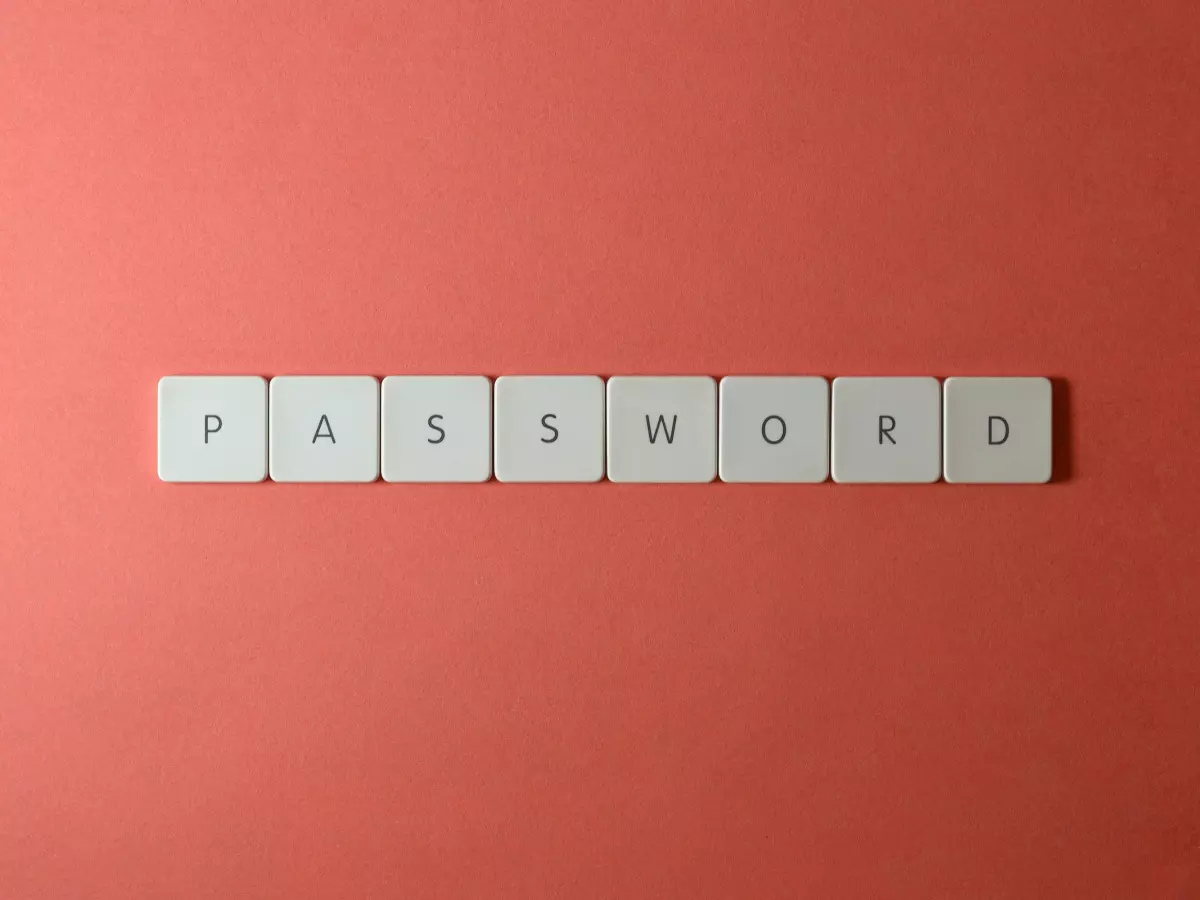Smart Contracts vs. Traditional Contracts
Contracts are supposed to be the bedrock of trust in transactions, right? But what if I told you that the very thing we rely on for security might be outdated?

By Hiroshi Tanaka
In the world of legal agreements, contracts have been the go-to method for ensuring that parties stick to their promises. Whether you're buying a house, hiring a contractor, or signing a business deal, traditional contracts have been the backbone of these transactions. But here's the kicker: they require a lot of trust, paperwork, and, let's face it, lawyers. Enter blockchain and its shiny new invention: the smart contract. Suddenly, the need for intermediaries, trust, and even some legal frameworks is being questioned. But can smart contracts really replace traditional contracts? And what are the security implications of this shift?
First, let's define the problem. Traditional contracts, while reliable, are slow and often require third-party enforcement. If someone breaches a contract, you might end up in court, which can take months (or years) and cost a fortune. Plus, there's always the risk of human error or intentional manipulation. On the other hand, smart contracts promise to automate the entire process, executing transactions automatically when certain conditions are met, without the need for lawyers or judges. Sounds like a dream, right? But there's a catch.
Smart Contracts: The Good, The Bad, and The Ugly
Smart contracts are essentially self-executing contracts with the terms of the agreement directly written into code. They live on the blockchain, meaning they are decentralized, transparent, and immutable. Once deployed, they can't be altered, and they execute automatically when conditions are met. No middlemen, no delays, no lawsuits. But here's where things get tricky.
While smart contracts are great for automating simple transactions, they aren't perfect. For one, they rely on code, and as we all know, code can have bugs. If there's a flaw in the contract's code, it could be exploited, leading to unintended consequences. Remember the infamous DAO hack in 2016? A vulnerability in a smart contract allowed hackers to siphon off millions of dollars in cryptocurrency. Ouch.
Moreover, smart contracts are only as good as the data they rely on. If the data fed into the contract (often through oracles) is incorrect or manipulated, the contract could execute incorrectly. And unlike traditional contracts, where you can appeal to a court, there's no undo button in a smart contract. Once it's executed, it's done. So, while smart contracts offer speed and automation, they come with their own set of risks.
Traditional Contracts: Old School, But Reliable?
Now, let's talk about traditional contracts. Sure, they might seem slow and cumbersome compared to their blockchain counterparts, but they have one big advantage: flexibility. If something goes wrong in a traditional contract—say, a party breaches the agreement—you can take them to court, renegotiate, or even settle the dispute through mediation. There's a human element involved, which can be both a strength and a weakness.
Traditional contracts also benefit from centuries of legal precedent. Courts know how to interpret them, and lawyers know how to draft them to cover all possible scenarios. While this might seem like overkill for simple transactions, it's invaluable for complex agreements where unforeseen circumstances can arise. However, this flexibility comes at a cost—literally. Legal fees, court costs, and the time it takes to resolve disputes can be significant, especially for smaller transactions.
Security Considerations: Code vs. Court
When it comes to security, both smart contracts and traditional contracts have their strengths and weaknesses. Smart contracts are secure in the sense that they are immutable and decentralized. Once deployed, they can't be tampered with, and their execution is guaranteed by the blockchain. However, this immutability can also be a weakness. If there's a bug in the code or if the contract relies on faulty data, there's no way to reverse the transaction.
Traditional contracts, on the other hand, are more flexible but rely on trust and enforcement by third parties. If one party breaches the contract, the other party must rely on the legal system to enforce it, which can be time-consuming and expensive. However, the legal system does provide a safety net in case something goes wrong, which is something smart contracts currently lack.
The Future: A Hybrid Approach?
So, which is better: smart contracts or traditional contracts? The answer, as with most things in life, is: it depends. For simple, straightforward transactions, smart contracts offer speed, automation, and security. But for more complex agreements, traditional contracts still have the upper hand in terms of flexibility and legal recourse.
Interestingly, some experts believe that the future lies in a hybrid approach. Imagine a world where smart contracts handle the execution of simple, routine tasks, while traditional contracts are used for more complex agreements that require human judgment and flexibility. This combination could offer the best of both worlds: the speed and automation of blockchain with the safety net of the legal system.
In the end, both smart contracts and traditional contracts have their place in the world of transactions. The key is understanding the strengths and weaknesses of each and using them appropriately. After all, just because something is new and shiny doesn't mean it's always better.





